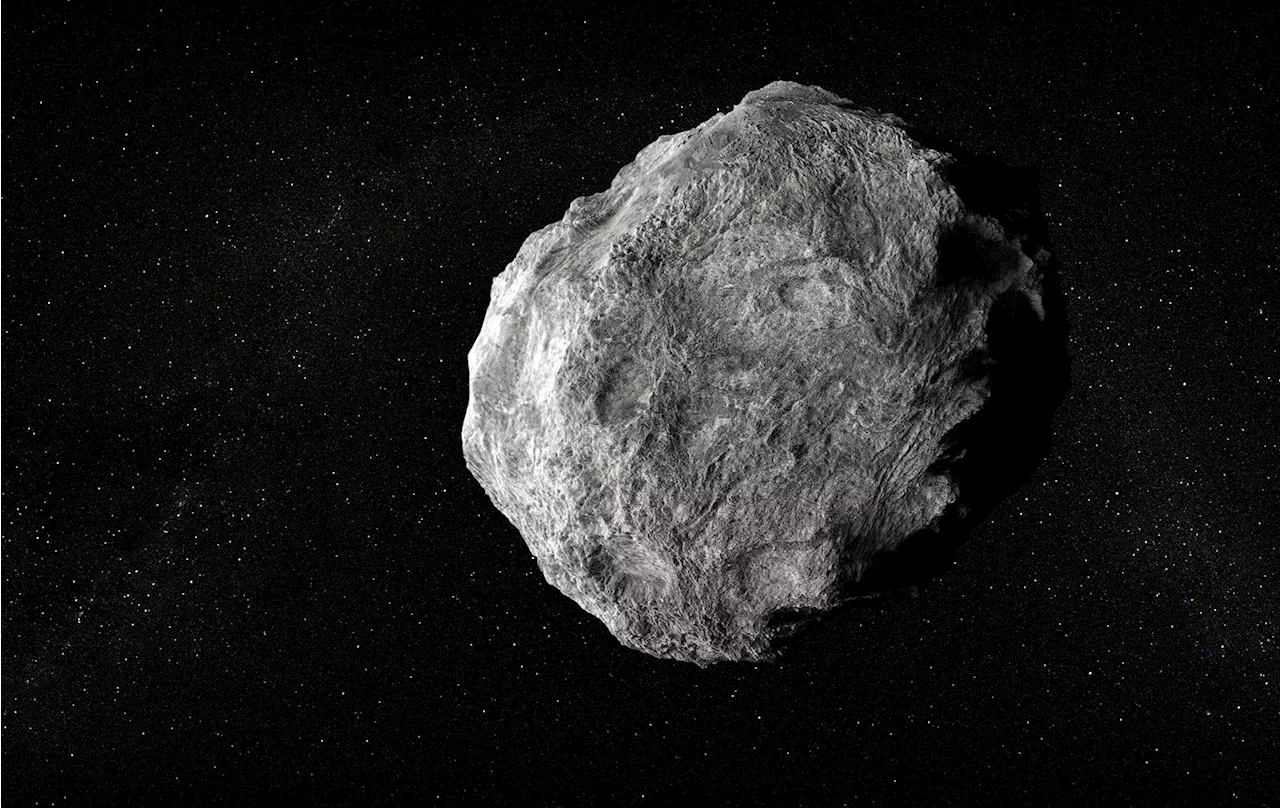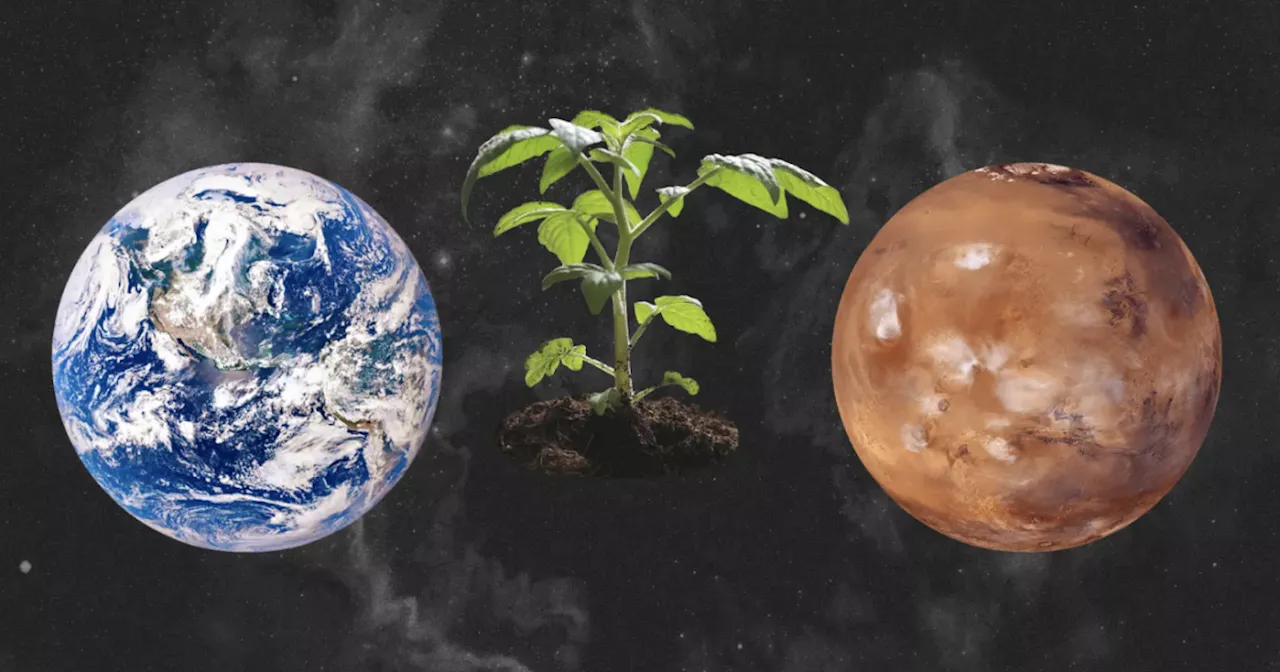As polar ice melts, water moves from the poles toward the equator — making our Earth bulkier and rotate slower.
Updated: 17 minutes agoNASA's Earth Polychromatic Imaging Camera captured this image of the moon and Earth on July 16, 2015. in how Earth moves in space? It turns out we’re changing how our very planet rotates - and it’s affecting the length of our days.
“Climate change is melting so much ice that we can see a huge impact on the very way how the planet is spinning,” said Surendra Adhikari, a geophysicist at NASA Jet Propulsion Laboratory and an author of the two papers.A melting iceberg drifts due to high temperatures in Scoresby Fjord near Ittoqqortoormiit, Greenland. heat added since the 20th century. The melting of the Greenland and Antarctic ice sheets account for nearly one-third of global sea level rise since the early 1990s.
But the study “shows what we as humans can really impact in terms of changing Earth’s behavior and dynamics.” The slowdown from melting ice “could become the new dominant factor, surpassing the moon, which for billions of years shaped the Earth’s rotation,” Soja said. Earth spins on an imaginary line from the North and South poles, but the line isn’t fixed. The points where the axis of rotation meets Earth’s surface drifts and wobbles a few inches per year and several meters every century.
United Kingdom Latest News, United Kingdom Headlines
Similar News:You can also read news stories similar to this one that we have collected from other news sources.
 An asteroid larger than 99% of near-Earth asteroids will pass Earth this weekTwo asteroids will pass Earth back-to-back this week, just in time to celebrate Asteroid Day 2024. Here's what we know.
An asteroid larger than 99% of near-Earth asteroids will pass Earth this weekTwo asteroids will pass Earth back-to-back this week, just in time to celebrate Asteroid Day 2024. Here's what we know.
Read more »
 New twists on tornadoes: Earth scientist studies why U.S. has so many tornadoesAcross the Midwest during the warmer months, studying the sky for signs of storms and tornadoes becomes one of the most popular pastimes. Working at the intersection of climate science and meteorology and using modeling, scientists are looking at the big picture of what causes severe storms and tornadoes -- and what dictates where they occur.
New twists on tornadoes: Earth scientist studies why U.S. has so many tornadoesAcross the Midwest during the warmer months, studying the sky for signs of storms and tornadoes becomes one of the most popular pastimes. Working at the intersection of climate science and meteorology and using modeling, scientists are looking at the big picture of what causes severe storms and tornadoes -- and what dictates where they occur.
Read more »
 Why the harsh Snowball Earth kick-started our earliest multicellular ancestorsWhy did multicellularity arise? Solving that mystery may help pinpoint life on other planets and explain the vast diversity and complexity seen on Earth today, from sea sponges to redwoods to human society.
Why the harsh Snowball Earth kick-started our earliest multicellular ancestorsWhy did multicellularity arise? Solving that mystery may help pinpoint life on other planets and explain the vast diversity and complexity seen on Earth today, from sea sponges to redwoods to human society.
Read more »
 New twists on tornadoes: Earth scientist studies why U.S. has so many tornadoesAcross the Midwest during the warmer months, studying the sky for signs of storms and tornadoes becomes one of the most popular pastimes.
New twists on tornadoes: Earth scientist studies why U.S. has so many tornadoesAcross the Midwest during the warmer months, studying the sky for signs of storms and tornadoes becomes one of the most popular pastimes.
Read more »
 Why the harsh Snowball Earth kick-started our earliest multicellular ancestorsFor a billion years, single-celled eukaryotes ruled the planet. Then around 700 million years ago during Snowball Earth—a geologic era when glaciers may have stretched as far as the Equator—a new creature burst into existence: the multicellular organism.
Why the harsh Snowball Earth kick-started our earliest multicellular ancestorsFor a billion years, single-celled eukaryotes ruled the planet. Then around 700 million years ago during Snowball Earth—a geologic era when glaciers may have stretched as far as the Equator—a new creature burst into existence: the multicellular organism.
Read more »
 Why a new method of growing food on Mars matters more on EarthTurns out growing crops on the Red Planet is a lot like growing food on a climate-ravaged Earth.
Why a new method of growing food on Mars matters more on EarthTurns out growing crops on the Red Planet is a lot like growing food on a climate-ravaged Earth.
Read more »
